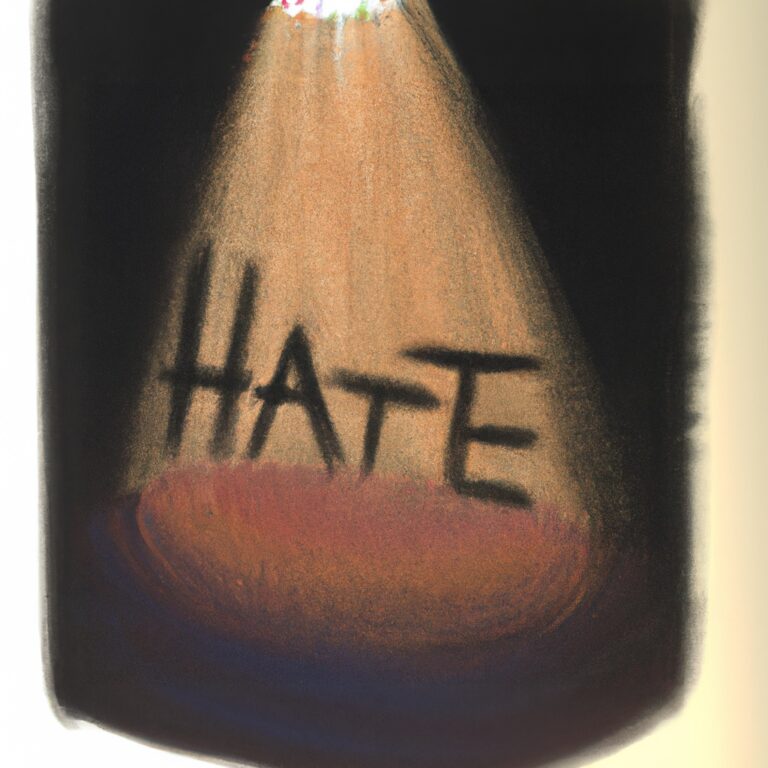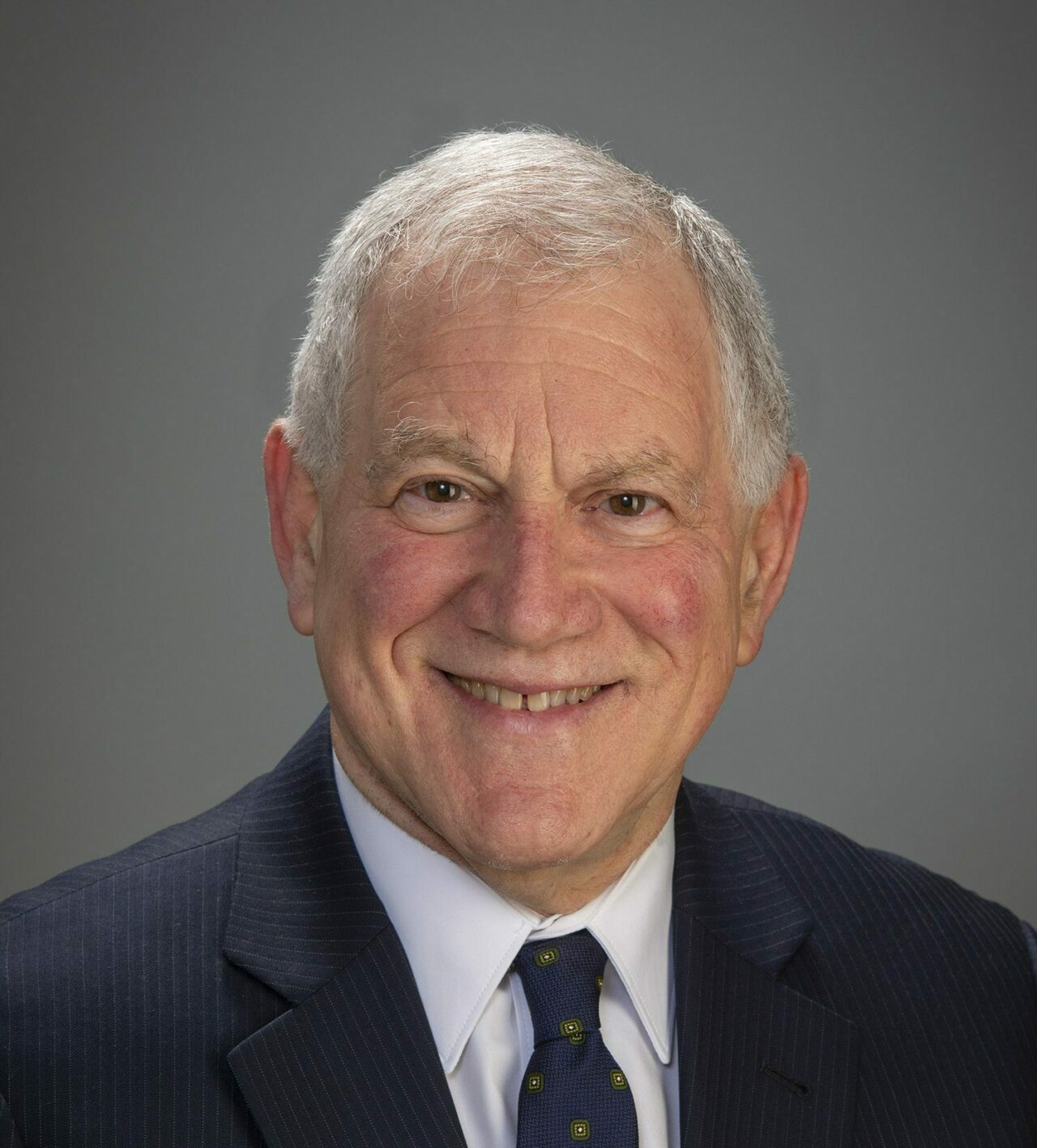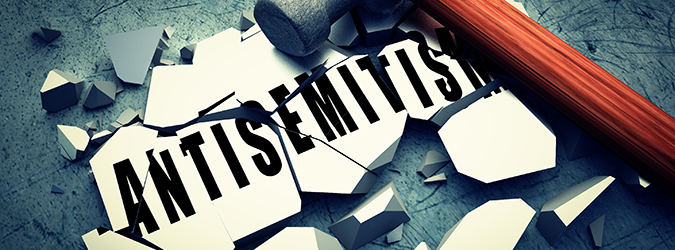Our Condemnation of Hate Must Be Loud and Clear
12.12.2023

Hate is taught as Nelson Mandela reminded us. We are not born with animosity toward other human beings any more than we are born with the ability to take care of ourselves. Instead, prejudice is passed on from generation to generation and, if left unchecked, it is deadly. The stories throughout this edition remind us that the proliferation of hate knows no bounds and that nobody is immune to its destructive impact. It presents itself in many forms: through racism, antisemitism, anti-Asian hate, homophobia and Islamophobia to name but a few. However, it has a singular overarching goal: to instill fear by attacking our most basic human rights and robbing us of our dignity.
We are dedicating a special issue of the Bar Journal to hate. All of these articles are available at the NYSBA website too. Most of the articles include suggestions for lawyers about the roles they should play in combating hate. While the Bar Journal doesn’t usually permit opinion, we have allowed it in this instance so that the edition can focus on ways to reverse this recent surge in discrimination, hate speech and hate crimes.
We set the tone with the first of numerous frank and insightful stories that span this timely matter.
Brian Cohen, co-chair of our Task Force on Combating Antisemitism and Anti-Asian Hate, offers a personal take through a conversation with one of his rabbis from his youth, Solomon Aidelson, an Auschwitz survivor. Aidelson’s description of the genocide that took his family from him and threatened his existence resonates with Brian today. And the Oct. 7 attacks reinforce the idea that Jews in 2023 are as vulnerable to unimaginable violence as they were in the early 20th century.
Hate can carry an aura of invincibility unless good people speak up. This is illustrated by Vince Chang’s article that reflects on the precipitous rise in violence against Asian Americans and Pacific Islanders. Vince, who co-chairs the Task Force on Combating Antisemitism and Anti-Asian Hate with Brian, discusses how a consortium of bar associations, Asian American lawmakers and other groups worked together to push Congress to pass the federal COVID-19 Hate Crimes Act. The act, which was signed into law by President Biden, targets the rising number of hate crimes directed at Asian Americans. However, it should not be lost on any of us that it took a catastrophic event, the Atlanta Spa murders in 2021, to provide the impetus for such a law to materialize.
I co-authored an essay with past president Hank Greenberg that speaks to the consequences of inaction by lawyers’ organizations during the rise of the Third Reich. We, as the nation’s largest and most prominent voluntary state bar association, must learn from the past and live up to our responsibility to act against all forms of prejudice. Our condemnation of hate must be loud and clear. We also need to understand that while we as U.S. citizens have a right to free speech under the First Amendment, that right does not extend to inciting violence.
We also must respond to the spike in anti-Muslim bias that has become more prevalent in the past few months and has only served to heighten an already hostile climate of fear and intimidation. Since 9/11 over 20 years ago, the Muslim American population has grown, but hate crimes against these citizens have not abated. In the first 48 hours after the Oct. 7 attacks, hate speech targeting Muslims rose 422% on X, formerly known as Twitter, according to the Institute for Strategic Dialogue in London. Muslims, like all groups, should have the right to enjoy the liberty of a free society without the fear of oppression.
Brian Cohen’s contention that we must be ever vigilant against antisemitism is also a theme in the interview with New York lawyer Michael Bloch, who was on the legal team that successfully sued white nationalist leaders and organizations on behalf of nine plaintiffs injured in the “Unite the Right” rally in Charlottesville, Va., in August 2017. The case was the subject of a 2023 HBO Max documentary, “No Accident.” Bloch, a Jewish attorney whose grandparents escaped Nazi Germany, discusses how profoundly meaningful it was to bring white supremacists to justice.
LGBTQ+ rights continue to be infringed upon as well. Kaila Clark and Warren Seay, Jr., who co-authored an article, along with several of their ArentFox Schiff colleagues, detail how this community continues to be repressed throughout the world, most notoriously in Uganda, and even here in the U.S., where gay sex is still outlawed in 12 states.
And while justice has been served with the passage of the COVID-19 Hate Crimes Act and a record-high jury verdict in the “Unite the Right” rally lawsuit, we must keep at it. As Vivian Wesson points out in her article on police use of force against Black people during the past 30 years, we are driven to action when hatred is brought into the forefront of our consciousness, but the public outcry dissipates, and we lose the gains we have made.
We must be persistent because we have witnessed firsthand in New York how hate speech can trigger violence. The gunman who killed 10 people at a supermarket in a predominantly Black neighborhood in Buffalo last year had been influenced by online hate tirades. More recently, a Cornell University student was charged with an online threat to shoot up the school’s Center for Jewish Living. And three 20-year-old college students of Palestinian descent were shot near the University of Vermont campus during a visit to one of the victim’s relatives.
Unfortunately, these incidents resemble other dark moments in our nation’s history. Our most prevalent attribute as American citizens is our differences, and so it is imperative that we are allowed to live freely without fear of attack due to our background and beliefs.
As attorneys, we are charged with protecting our fellow citizens from oppression. NYSBA has taken the lead, forcefully denouncing such venomous actions. We have continuously condemned racism in our state, our country and the world. We have stood up to antisemitism, Islamophobia, anti-Asian hate and prejudice against LGBTQ+ individuals.
We have been in communication with the Israel Bar Association and are in the process of launching a pro bono portal that would allow Israeli refugees and victims of the Hamas attacks to find legal assistance.
I have said this before, but it warrants repeating. The future of our profession, and democracy itself, is dependent upon the willingness of attorneys to step forward when the rule of law is under attack. We need to listen to each other and respect our differences of opinion through constructive dialogue.
Never has that been more needed than now. I implore you to speak out and, more importantly, to respect, listen and love each other, especially with a new year upon us and, with it, an opportunity to make a new commitment to greater tolerance and understanding.






